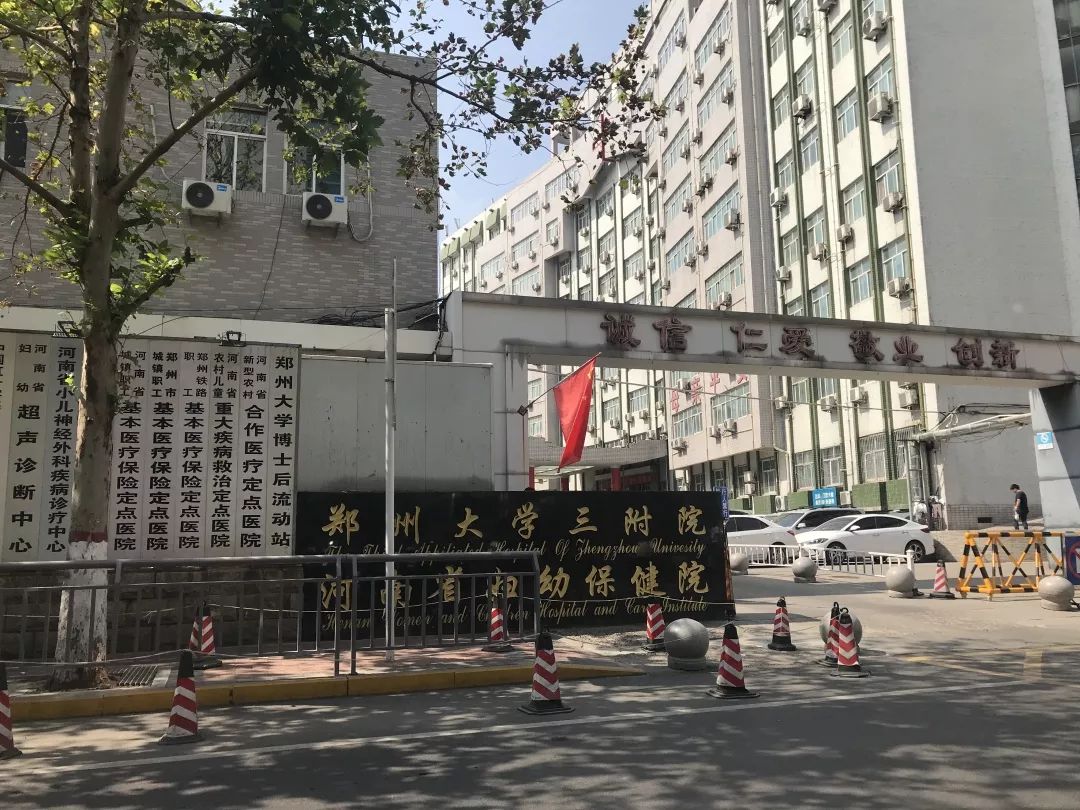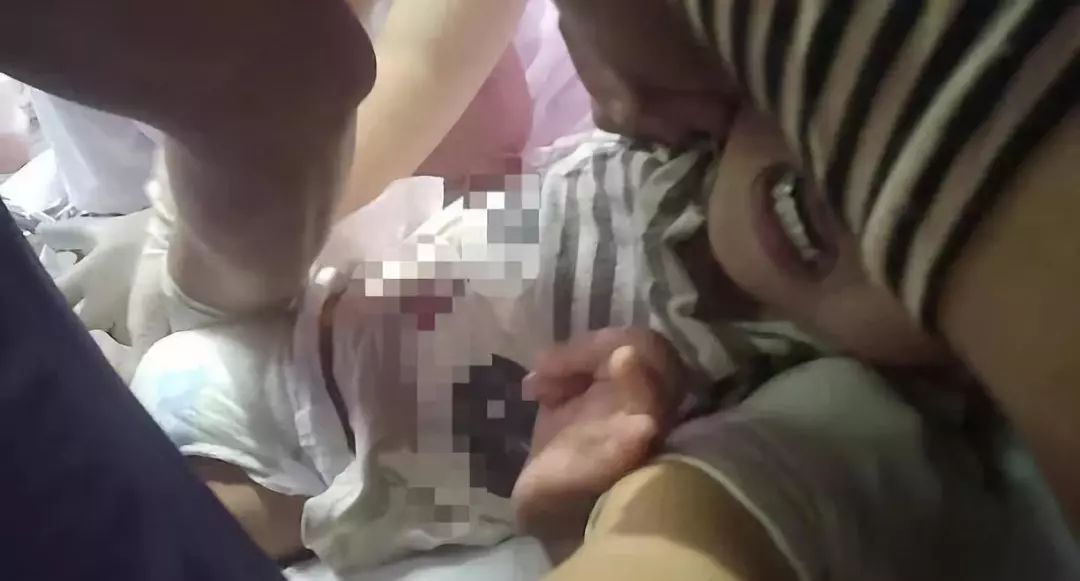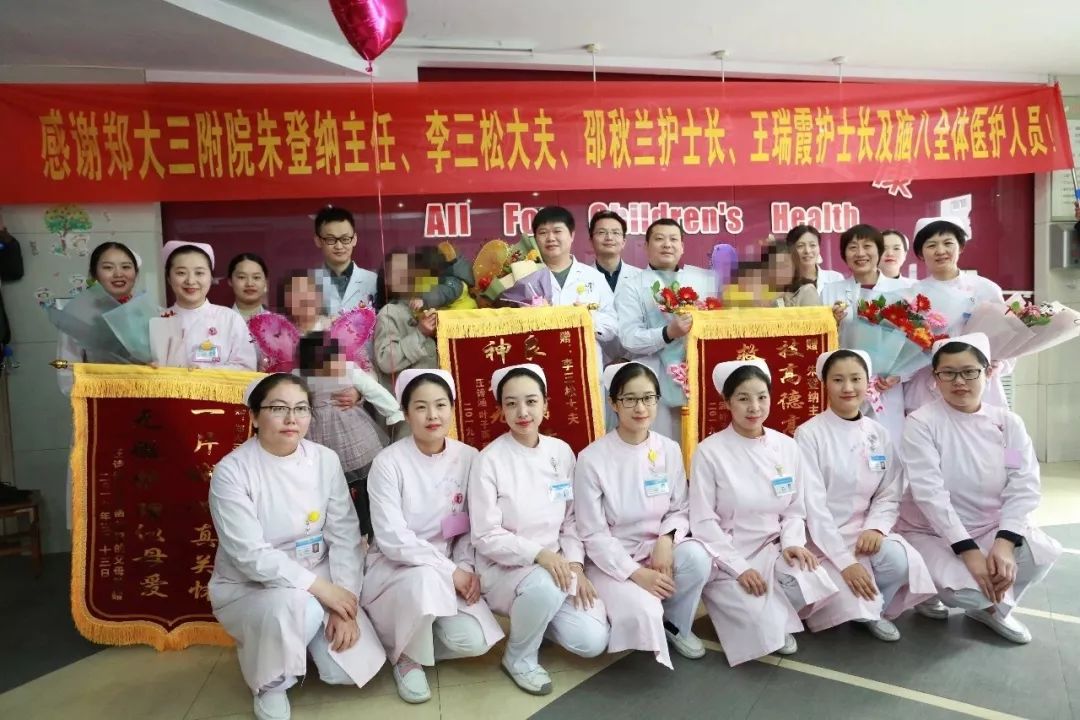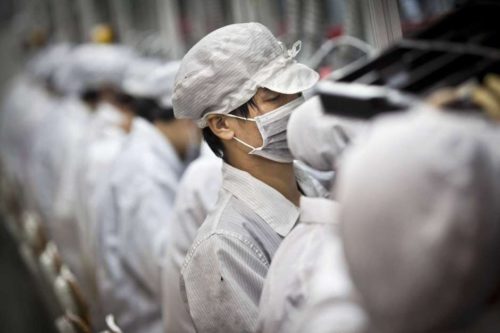China investigates painful, unproven needle ‘treatment’ for cerebral palsy
China investigates painful, unproven needle 'treatment' for cerebral palsy

Health officials in Henan Province have initiated an investigation into several local hospitals and clinics that have been offering unproven and unsafe medical procedures to children with cerebral palsy for many years.
The questionable treatments were exposed in an investigative article published on October 21 by Dingxiang Doctor 丁香医生 (in Chinese), a reputable medical news portal that has broken a series of health-related scandals in the past, such as healthcare product manufacturer Quanjian Group’s pyramid scheme. According to the post, a number of established medical facilities in Zhengzhou, such as the Third Affiliated Hospital of Zhengzhou University and the Maternal and Child Health Hospital of Henan, have been actively advertising and providing an expensive therapy named fēngzhēn 封针, or “sealing needles,” to parents who were desperate for effective treatments for their children’s conditions.
As its name suggested, the medical procedure involves needles, which are used to inject “neurotrophic medicine” into specific acupuncture points on patients of cerebral palsy. The article reveals that the therapies offered by the hospitals often require four to five courses, with each consisting of 10 sessions of intense needling all over the body. In some sessions, patients have to endure more than 100 needles in 10 minutes.
The method was invented by Wàn Guólán 万国兰, director of the hospital’s child rehabilitation department, who first translated it into clinical use in 1992 after years of experiments on animals. Per Wan’s 2011 interview with the Dahe Daily (in Chinese), a Zhengzhou-based newspaper, she started employing acupuncture to treat cerebral palsy since 1991, but the results were disappointing. Wan claimed that the idea of “sealing needles” was prompted by a foreign medical journal, which convinced her that “using needles to give strong stimulation to children with cerebral palsy could invigorate damaged brain cells and help them regain full functions of human brains.”
While there’s not much evidence to back up the claims made by Wan, the method became extremely popular in local hospitals in the years that ensued. According to Dinxiang Doctor’s article, in Zhengzhou, hospital beds dedicated to children who received fengzhen treatments have grown from a dozen to 600 in the past decade. Meanwhile, in a research paper published by Wan, she claimed that the method worked effectively on more than 97 percent of the patients from 1997 to 2002. She also stated that 190 of them became “normal” after going through fengzhen.
The numbers have not been verified by any third-party medical institutions, but they are quoted on the official website of the hospital, which describes the therapy as “extremely effective,” like “magic.” Dinxiang Doctor also discovered that in some cases, the hospitals purposefully exaggerated patients’ symptoms in order to sell the treatments. And it’s severely underreported that some of the children who underwent the treatment suffered other problems, such as epileptic episodes and strokes.
While the original article is inaccessible at this moment for unknown reasons, some cached versions of it (in Chinese) were widely circulated on the Chinese internet, setting off an uproar, with many people accusing the hospitals and clinicians of peddling hope for money. “How many children were misdiagnosed? How many families were destroyed by them?” a Weibo user wrote (in Chinese).
On October 21, health authorities in Henan Province told The Paper that they had noticed the accusations raised in the Dingxiang Doctor’s article and had ordered an investigation into the hospitals.
But the hospital seemed ardently defensive about the practice. During a visit on October 22, reporters from The Paper found that the hospital was still conducting the treatments. When questioned by the publication, Zhū Dēngnà 朱登纳, deputy head of the hospital, said that although fengzhen had not been tested in rigorous clinical trials, it’s “actually effective.” Zhu also promised that the hospital would organize internal discussions about the method to “look at the benefits and risks” of the therapy.









